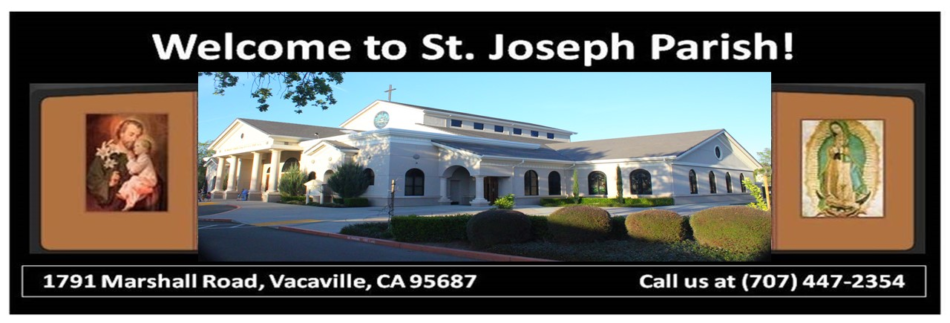On this special day, we celebrate twin milestones: Jesus’ ascension from earth to heaven and the commissioning of the disciples. Before Jesus left them, he told his disciples to preach in his name to all the nations, from Jerusalem to the ends of the earth. Then his apostles saw him lifted up and out of their sight, never to return in bodily form until the end of time. As his disciples, let us carry on the mission of the first apostles, trusting that the Holy Spirit will guide us and empower us to be wit nesses to the world of Jesus’ love and forgiveness.
LAST WILL AND TESTAMENT
In the gospel we have just heard Our Lord’s final instructions, his Last Will and Testament. Just before leaving them, he reminds them of what he expects of them. Earlier he had sent them out to spread the Kingdom of God. Those who go in his name, do so with his authority. The authority goes with the mission, so to speak. In Matthew’s version he now adds this great promise, “I am with you always, even to the end of the age.” Mark says that the Lord worked with them and confirmed the message by the signs that accompanied it”. And Luke emphasizes that they will be “clothed with power from on high”, that is, with the inspiration of the Holy Spirit.
Jesus is very definite about what he has to say. Like any gathering of people, the feelings of his disciples were varied. But he sends them out to speak and act in his name.
Their mission was both easy and hard: easy to understand but hard to carry out. It was to teach others all that he had taught them. Just as he asked them to follow his way, they were to ask that others should follow that way too.
Has a doctor ever put you on a course of antibiotics. The most basic guidance about antibiotics is to complete the course. Even if the patient starts to feel well after a few days, to discontinue taking the medicine can let their condition grow worse.
Similarly, the message of salvation must continue to be shared until the end of time. With all the changes in the church and in society, neither Jesus nor his message have changed. His Gospel remains a call to live our lives to the full.
You write a new page of the gospel each day, through all that you do and whatever you say. Others read what you write, be it faithful or true.
So what is the gospel according to you?
LISTENING AND RESPONDING
Obedientia, the Latin for obeying, literally means to listen hard, to hold one’s ear to something. The first rule of the road that we all learned was “Stop! Look! Listen!” Before you cross the railway tracks, stop and listen. There may be a train coming.
“I am leaving you with a gift — peace of mind and heart.” What a beautiful promise, what a special gift. Peace is not the absence of war. It is the presence of something real and tangible. It is something I can experience, and it results from having my relationships the way they ought to be. I will deal with this in greater detail later.
We are all familiar with invitation cards that have RSVP on them. The person is looking for a response from us. Every word that Jesus speaks is calling for a response. A rule of thumb is to learn to listen and then listen to learn.
Gospel: Luke 24:46-53
“Jesus promises his followers the Holy Spirit and sends them out to witness“
Jesus said to his disciples, “So it is written, that the Messiah is to suffer and to rise from the dead on the third day, and that repentance and forgiveness of sins is to be proclaimed in his name to all nations, beginning from Jerusalem. You are witnesses of these things. And see, I am sending upon you what my Father promised; so, stay here in the city until you have been clothed with power from on high.”
Then he led them out as far as Bethany, and, lifting his hands, he blessed them. While he was blessing them, he withdrew from them and was carried up into heaven. And they worshiped him and returned to Jerusalem with great joy; and they were continually in the temple blessing God.




















